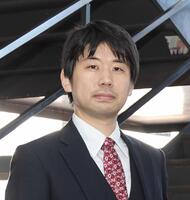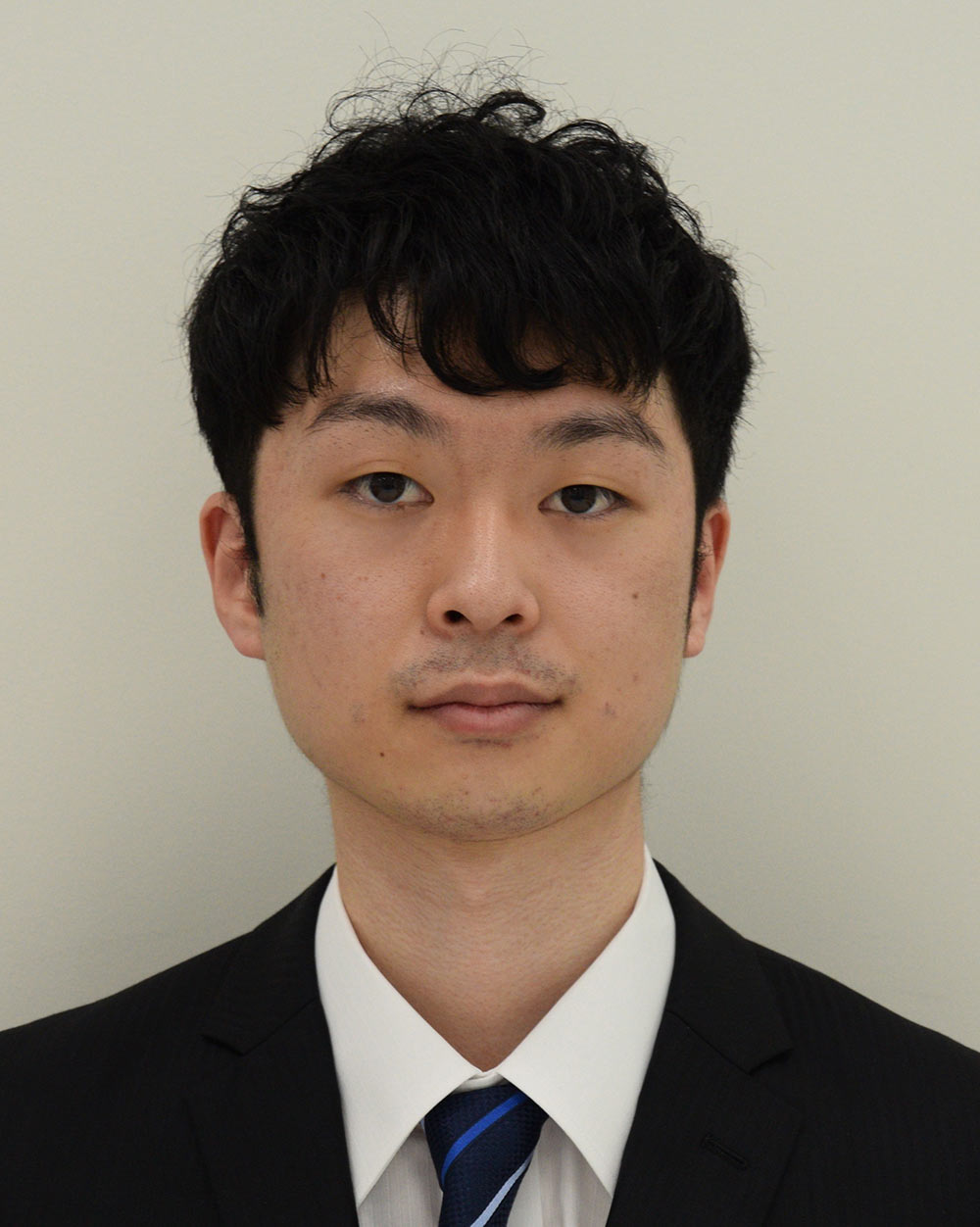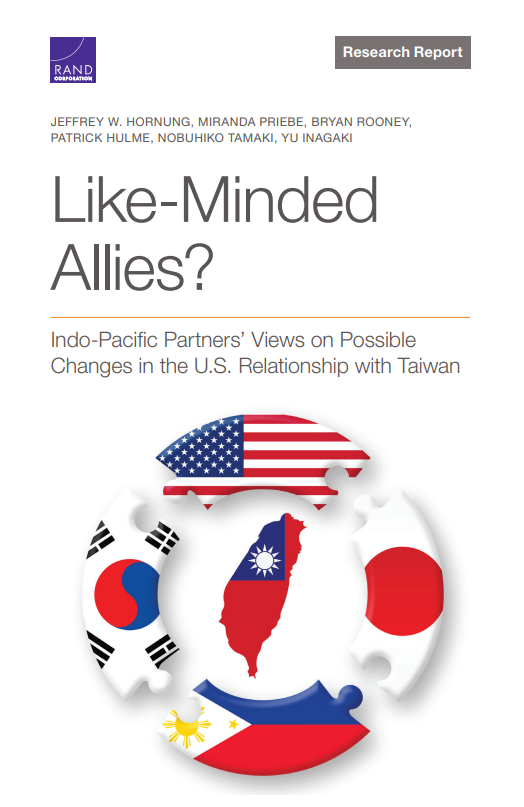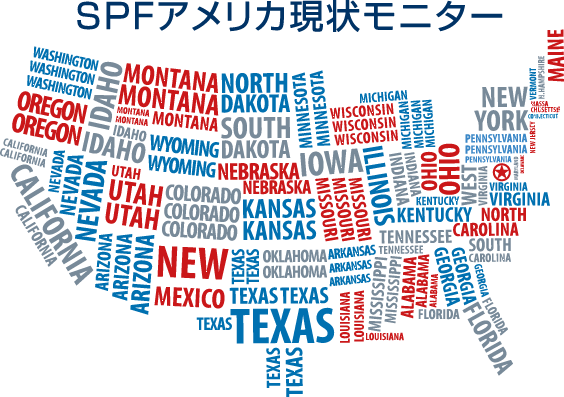【Report】*Webinar video on this report is now available (added on 10/17)
Like-Minded Allies? Indo-Pacific Partners’ Views on Possible Changes in the U.S. Relationship with Taiwan
Like-Minded Allies? Indo-Pacific Partners’ Views on Possible Changes in the U.S. Relationship with Taiwan
Jeffrey W. Hornung (RAND Corporation)
Miranda Priebe (RAND Corporation)
Bryan Rooney (RAND Corporation)
Patrick Hulme (Harvard Kennedy School)
Nobuhiko Tamaki (Chuo University)
Yu Inagaki (Sasakawa Peace Foundation)
Webinar Video(English)
| (1)Date: | Thursday, October 5, 2023 |
| (2)Panelists: | Dr. Jeffrey W. Hornung(Senior Political Scientist, RAND Corporation) Dr. Miranda Priebe (Director, Center for Analysis of U.S. Grand Strategy; Senior Political Scientist, RAND Corporation) Dr. Bryan Rooney (Political Scientist, RAND Corporation) Dr. Saya Kiba (Associate Professor, Department of International Relations, Kobe City University of Foreign Studies) Mr. Tsuneo Watanabe (Senior Fellow, Security Studies Program, Sasakawa Peace Foundation) |
| (3)Language: | Japanese/English simultaneous translation |
| (4)Organizer: | Sasakawa Peace Foundation |
In the face of the rise of China and Russia's invasion of Ukraine, the debate over Taiwan has more attention in the United States, but these debates have tend to focus on whether the U.S. should maintain strategic ambiguity. At the heart of this debate is how U.S. policy will affect the calculation of China's invasion of Taiwan. This report, on the other hand, focuses on U.S. allies and discusses how these countries might evaluate and react to changes in U.S. policy toward Taiwan. This report compares three U.S. allies: (1) Japan, (2) South Korea, (3) and the Philippines. These allies are closely watching U.S. behavior, such as then Speaker of the House Pelosi's visit to Taiwan and President Biden's comments on Taiwan's defense.
The report clarifies, with respect to each ally, the historical background of its relations with Taiwan, its current views on Taiwan, and how it would react to changes in U.S. policy toward Taiwan (diplomacy, intelligence, military, and economy) through historical research and interviews with experts and policymakers. The report also provides policy implication for the U.S. to consider its future policy toward Taiwan.
Detail
- Japan favors increases in many forms of U.S. diplomatic and military support to Taiwan and would adopt similar policies up to a point
- The Philippines and the ROK do not support increasing highly publicized or sensitive forms of U.S. diplomatic and military support to Taiwan and would likely not adopt such policies themselves
- The three countries are neutral about increased U.S. intelligence sharing and are supportive of increases in U.S. economic relations with Taiwan
- Japan, the ROK, and the Philippines all oppose reductions in U.S. support to Taiwan, which they believe might lead to instability in the Taiwan Strait
- These allies would see a reduction in U.S. support to Taiwan as a signal of waning U.S. commitment to their own security
- The value that Japan and the ROK place on their alliances with the United States suggest that concerns about U.S. reliability would lead them to first try to draw the U.S. closer
- Past behavior suggests that the Philippines' response to concerns about U.S. reliability would depend on who is in power and on China's recent behavior
Detail
CHAPTER 1 Introduction
- The Contemporary U.S. Debate
- Policy Options for Signaling a Change in the U.S. Relationship with Taiwan
- Methodology
- Report Road Map
CHAPTER 2 History of the U.S. Security Relationship with Taiwan
- 1949-1950: Decision Not to Defend Nationalist Forces on Taiwan
- 1950-1955: The United States Declares It Will Defend Taiwan
- 1955-1979: U.S. Alliance with Taiwan
- 1970s-1980s: U.S.-Taiwan Relations Change; Strategic Ambiguity Is Born
- Post-Cold War Developments: Strategic Ambiguity Under Stress
- Conclusion
CHAPTER 3 Japan
- History of Japan’s Relations with Taiwan
- Relations with China and the United States: Alignment with the United States
- View of Taiwan: Directly Linked to Japan’s Security
- Japanese Views of Hypothetical Changes in U.S. Taiwan Policy
- Conclusion
CHAPTER 4 The Republic of Korea
- History of South Korea’s Relations with Taiwan
- Relations with China and the United States: Revolves Around North Korea
- View of Taiwan: Not a Direct Priority
- ROK Views of Hypothetical Changes in U.S. Taiwan Policy
- Conclusion
CHAPTER 5 The Philippines
- History of the Philippines' Relations with Taiwan
- Relations with China and the United States: Balancing Between Countries
- View of Taiwan: Not a Primary Concern Historically
- Philippine Views of Hypothetical Changes in U.S. Taiwan Policy
- Conclusion
CHAPTER 6 Findings
- Allies’ Potential Reactions to Increased U.S. Support to Taiwan
- Potential Responses to Reductions in U.S. Support to Taiwan
- Final Thoughts

Author
Jeffrey W. Hornung
Profile
Jeffrey Hornung is a senior political scientist at the RAND Corporation. He specializes in Japanese security and foreign policies, East Asian security issues, and U.S. foreign and defense policies in the Indo-Pacific region, including its alliances.
Prior to joining RAND in April 2017, Hornung was the fellow for the Security and Foreign Affairs Program at Sasakawa USA from 2015 until 2017. From 2010 until 2015, Hornung worked as an associate professor for the Daniel K. Inouye Asia-Pacific Center for Security Studies, a Department of Defense education facility in Honolulu, Hawaii.
Hornung has written extensively about Japanese security and foreign policy issues and broader Northeast Asia security issues for numerous media, policy, and academic outlets. This includes Washington Quarterly, Asian Survey, Foreign Policy, New York Times, Washington Post, War on the Rocks and many others, including the two major Japanese dailies Yomiuri Shimbun and Asahi Shimbun.
Hornung received his Ph.D. in political science from The George Washington University, where he wrote his thesis on Japanese decisionmaking to send the Self-Defense Forces to Iraq in the 1991 Gulf War and 2003 Iraq War. During 2005–2006, Hornung was also a visiting scholar at the University of Tokyo where he conducted his doctoral research as a Fulbright Fellow. He also holds an M.A. in international relations with a concentration in Japan Studies from the Johns Hopkins University School of Advanced International Studies (SAIS).

Author
Miranda Priebe
Profile
Miranda Priebe is director of the Center for Analysis of U.S. Grand Strategy and a senior political scientist at the RAND Corporation.
Her work at RAND has focused on grand strategy, the future of the international order, effects of U.S. forward presence, military doctrine, history of U.S. military policy, distributed air operations, and multi-domain command and control. She has also conducted research on deterrence, reassurance, threat perceptions, rising powers, alliance politics, and U.S. defense budgets. Priebe received a Ph.D. in political science from the Massachusetts Institute of Technology. She also received a Master of Public Affairs degree from Princeton University’s Woodrow Wilson School and S.B. degrees in physics and political science from MIT.

Author
Bryan Rooney
Profile
Bryan Rooney is a political scientist at the RAND Corporation. His work at RAND has focused on wargaming, U.S. cooperation with allies and partners, grand strategy, and deterrence and escalation in great power competition. Prior to working at RAND, his research also explored the interaction of domestic politics and international conflict, states of emergency in democracies, autocratization, state capacity, and alliance dynamics. Rooney earned a B.A. in Political Science from Boston College in 2011, and a Ph.D. from the Department of Political Science at Vanderbilt University in 2017. He also was previously a Junior Research Fellow at the Carlos III - Juan March Institute in Madrid.

Author
Patrick Hulme
Profile
Patrick Hulme is a Postdoctoral Fellow with the International Security Program at the Harvard Kennedy School's Belfer Center for Science and International Affairs. Hulme completed his Ph.D. in political science at the University of California San Diego in May 2023. For the summer of 2022, Hulme was a Summer Associate with the RAND Center for Analysis of U.S. Grand Strategy, and for the 2020-2021 academic year Hulme was a Hans J. Morgenthau Fellow at the Notre Dame International Security Center. His research and teaching interests include congressional-executive relations in U.S. foreign policy, constitutional law, deterrence theory, and the U.S.-China relationship. Hulme has been a graduate student researcher for the Center for Peace and Security Studies (cPASS) and the 21st Century China Center, and am currently a Non-resident Fellow at the UC Institute on Global Conflict and Cooperation (IGCC). His work has been published by International Studies Quarterly, The National Interest, The Diplomat, Lawfare, and other outlets. Hulme has served as the instructor of record for classes on the Presidency, the U.S. Congress, and the Cold War. Hulme holds a B.A. in Economics with a minor in Chinese from the University of California, Davis, and a J.D.—with a specialization in International and Comparative Law—from the UCLA School of Law.

Author
Tamaki Nobuhiko
Profile
Dr. Nobuhiko TAMAKI is an associate professor in Faculty of Law, Chuo University, Japan. He also serves as a guest researcher at the University of Tokyo. Alliance politics and international relations in the Asia-Pacific region comprise his research interest. While at the University of Tokyo, he received his B.A., M.A., and Ph.D. He studied at Boston University from 2009 to 2010 as a Fulbright student and at Yale University from 2011 to 2012 as a visiting assistant in research. His recent works include “Japan's Quest for a Rules-based International Order: The Japan-U.S. alliance and the decline of U.S. liberal hegemony,” Contemporary Politics, Vol. 26, No. 4 (2020); “Japan and International Organizations” (with Phillip Y. Lipscy) in Robert J. Pekkanen and Saadia M. Pekkanen eds., The Oxford Handbook of Japanese Politics. (Oxford University Press, 2022).

Author
Yu Inagaki
Profile
Yu Inagaki is research assistant for Japan-U.S. Program at Sasakawa Peace Foundation. His research interests include international order, international relations theory, and security in the Indo-Pacific. He has been a member of Young Leaders Program at Pacific Forum since 2020 and conducts a research on US-Japan Alliance. Yu received M.A. from the School of Advanced International Studies, Johns Hopkins University. He also received B.A. from Gakushuin University.
| (1)Publication Date | Thursday, July 20, 2023 |
|---|---|
| (2)Authors | Jeffrey W. Hornung(RAND Corporation) Miranda Priebe(RAND Corporation) Bryan Rooney(RAND Corporation) Patrick Hulme(Harvard Kennedy School) Nobuhiko Tamaki(Chuo University) Yu Inagaki(Sasakawa Peace Foundation) |
| (3)Language | English |
*Disclaimer: The views and opinions expressed in this report are those of the authors and do not represent the views of the Sasakawa Peace Foundation


